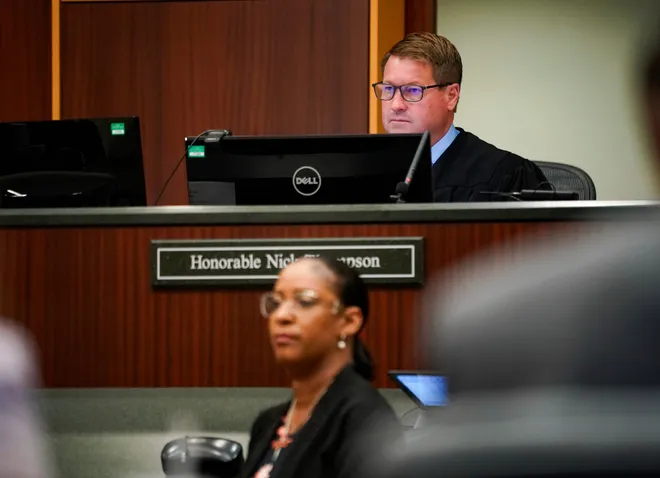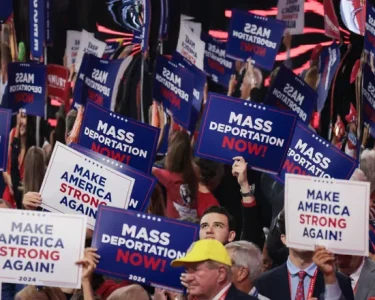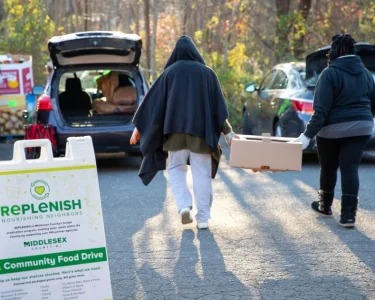In a chilling case that has gripped the nation, Wade Wilson, a 33-year-old Florida man, has been sentenced to death for the brutal and seemingly random killings of two women in Cape Coral. The trial, which concluded recently, highlighted the horrific nature of the crimes and left the community reeling from the senseless violence.
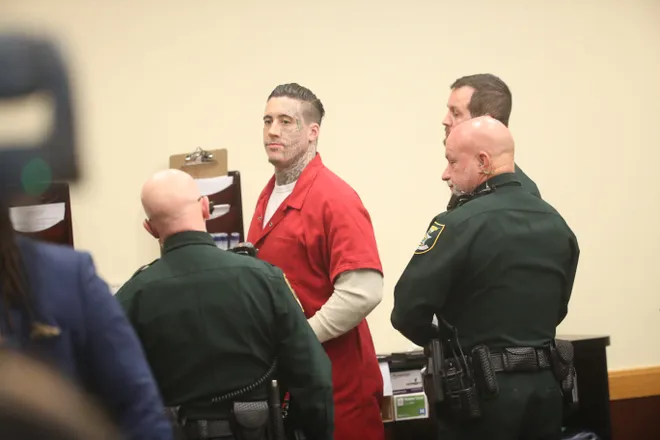
The Murders That Shook Cape Coral
In October 2019, the peaceful city of Cape Coral was shaken to its core by the gruesome murders of Diane Ruiz and Kristine Melton. Diane Ruiz, a 43-year-old mother of two, was reported missing after failing to show up for work. Days later, her body was discovered in a wooded area near her home, brutally strangled. Just days before, Kristine Melton, a 35-year-old who worked as a bartender, was found dead in her apartment, also strangled.
Both murders were heinous in nature, sending shockwaves through the tight-knit community. The randomness of the killings, combined with the brutal methods used, left residents terrified and law enforcement determined to bring the perpetrator to justice.
The Arrest and Trial of Wade Wilson
Wade Wilson was arrested shortly after the murders, thanks to surveillance footage and forensic evidence linking him to the crimes. At the time of his arrest, Wilson was already a person of interest in multiple criminal investigations, having a history of violence and a lengthy criminal record.
During the trial, the prosecution painted a harrowing picture of Wilson as a man driven by uncontrollable rage, with no regard for human life. The evidence presented in court was overwhelming, including DNA evidence, eyewitness testimonies, and Wilson’s own admissions. The prosecution argued that the murders were premeditated and carried out with extreme cruelty, a claim that was supported by the brutal nature of the killings.
The defense, on the other hand, attempted to argue that Wilson’s actions were the result of mental illness and that he should be spared the death penalty. However, the jury was unconvinced, finding Wilson guilty on all charges and recommending the death penalty.

A Community in Mourning
The impact of the murders on the Cape Coral community has been profound. Friends and family of the victims spoke during the sentencing phase of the trial, describing the deep pain and sorrow they have endured since losing their loved ones. Diane Ruiz was remembered as a loving mother and a devoted friend, while Kristine Melton was described as a kind and caring individual who was beloved by all who knew her.
The community’s grief was palpable, and many residents have struggled to come to terms with the senseless violence that took place in their city. The fear that initially gripped Cape Coral has slowly turned into a resolve to remember the victims and support each other in the wake of the tragedy.
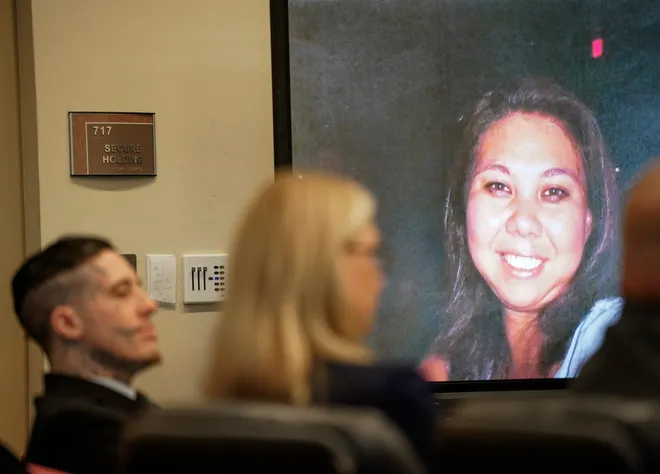
The Sentence: Justice Served?
After a deliberation that lasted only a few hours, the jury returned with a unanimous recommendation for the death penalty. In their decision, the jury cited the “heinous, atrocious, and cruel” nature of the murders as a key factor in their verdict.
Judge Robert Branning, who presided over the trial, agreed with the jury’s recommendation and officially sentenced Wilson to death. In his sentencing remarks, Judge Branning emphasized the brutal and premeditated nature of the crimes, stating that the evidence clearly showed that Wilson had acted with a complete disregard for human life.
For the families of the victims, the sentencing marked the end of a long and painful journey. While no sentence can bring back their loved ones, many expressed relief that justice had been served. “It’s been a nightmare,” said one family member. “But at least now, we can begin to heal, knowing that he can’t hurt anyone else.”
The Broader Implications
The case has also sparked a broader conversation about the death penalty and its role in the American justice system. While some view Wilson’s sentence as a necessary and just response to his heinous crimes, others have questioned whether the death penalty is an appropriate form of punishment, even for the most egregious offenses.
Advocates for the death penalty argue that it serves as a deterrent to future crimes and provides a sense of closure for the victims’ families. Opponents, however, contend that the death penalty is an outdated and inhumane form of punishment that does little to address the underlying issues that lead to violent crime.
In Florida, the death penalty remains a contentious issue, with recent legal challenges and changes to the state’s execution protocols sparking ongoing debate. Wilson’s case, with its particularly brutal details, is likely to be cited by both sides as they continue to argue for or against the use of capital punishment.
Moving Forward: A Community United
As Cape Coral moves forward, the memory of Diane Ruiz and Kristine Melton will not be forgotten. Community members have come together to honor the victims, holding vigils and memorials to remember the lives that were tragically cut short. Local organizations have also stepped up to provide support for the families of the victims, offering counseling services and other forms of assistance.
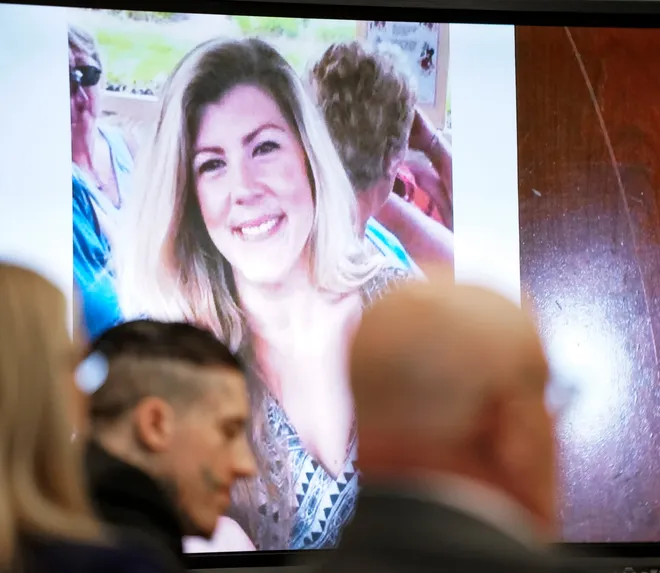
The city has also taken steps to address the fear and uncertainty that the murders created. Law enforcement has increased patrols in certain areas, and community leaders have called for greater vigilance and support for crime prevention initiatives. The goal is to ensure that a tragedy like this never happens again in Cape Coral.
For now, the community remains united in its grief and its resolve to move forward. While the pain of losing Diane Ruiz and Kristine Melton will never fully fade, the people of Cape Coral are determined to remember them, not just as victims, but as beloved members of their community whose lives were taken too soon.
The death penalty sentence for Wade Wilson brings a sense of closure to a case that has haunted Cape Coral for nearly five years. As the community mourns the loss of two innocent women, there is a shared hope that justice, though severe, will help to bring some measure of peace to those who have suffered the most.
For more stories on justice, crime, and the legal system, visit Digital Digest.

